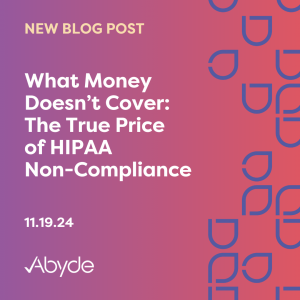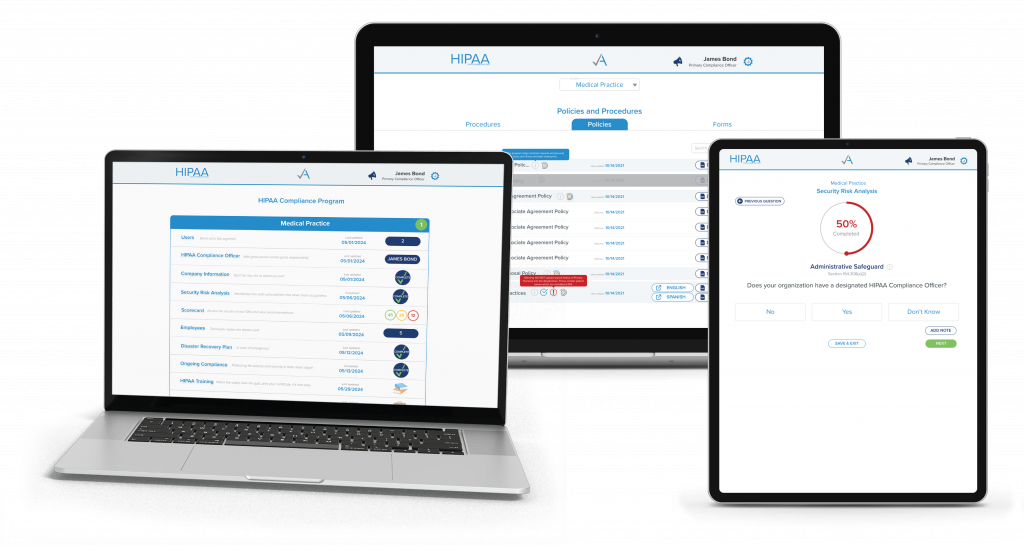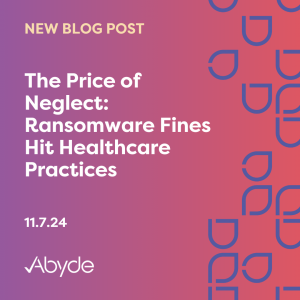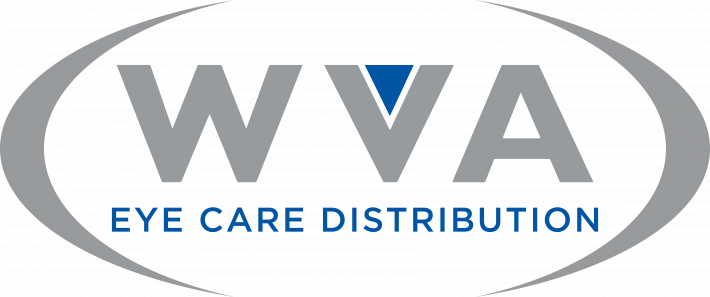
What Money Doesn’t Cover: The True Price of HIPAA Non-Compliance
November 19, 2024 Did you know that the average cost of a healthcare data breach is $9.77 million? When HIPAA investigations can lead to millions of dollars in expenses for rebuilding IT systems, legal fees, fines, and other costs, it’s easy to overlook the non-monetary consequences of an investigation in which you are found liable. When a practice is found liable, it indicates that it failed to demonstrate that it took the necessary precautions to prevent a breach. This could include not adhering to proper procedures, such as promptly providing a patient’s healthcare records to the Office for Civil Rights (OCR) or a State Attorney General. This liability can significantly impact your practice’s reputation. The investigation can take months and make your practice subject to scrutiny. Reputation: A Cost To Your Business When your practice is found liable for a HIPAA violation, it can unfortunately haunt your practice. Once a HIPAA fine is announced, it is posted on the HHS website and reported by numerous compliance news sources. This news release can become a notorious stain on your practice’s reputation, as it is one of the first websites to appear when your practice is searched. This can directly impact your organization’s success. In the digital age, over 75% of all patients search for a new provider online, and this fine will likely be one of the first things they see. Time: The Unease of Waiting Waiting for a response from the OCR or the state during an investigation can be overwhelming and stressful. HIPAA investigations often take several months and require hundreds of pages of documentation, and waiting for a response is an additional non-monetary cost associated with them. In some cases, the fines related to HIPAA violations can take years to finalize. For example, a recent HIPAA fine imposed in 2024 resulted from a breach in 2017. This illustrates that investigating such breaches can take years before any resolution is reached. Even after a fine is levied, time is spent trying to recover and restore one’s reputation, which is just as challenging to manage. Scrutiny: Monitored by the Government Many HIPAA fines include a Corrective Action Plan (CAP) or a set of requirements and years of monitoring before a practice officially completes its payment for a fine. A CAP keeps your healthcare practice under government scrutiny for an extended period. This means that government authorities will closely monitor your practice’s operations, data security measures, and compliance with HIPAA regulations. This nonmonetary cost is another frustrating burden for practice, as it is subject to scrutiny and oversight by authorities. Protecting Your Practice Don’t let a mistake become a detriment to the success of your practice. Ideally, once a HIPAA fine is paid, the practice can return to normal. Unfortunately, the nonmonetary costs of an audit can continue to detriment a practice’s success. That’s why it’s vital to put precautions in place before a significant breach can occur, and if it still occurs, the right documentation is in place to defend your practice. Utilizing a smart software solution for compliance can prepare your practice for a HIPAA investigation. Watch our webinar, featuring compliance experts with a 100% pass rate, to learn more about the audit process and its necessary steps.









